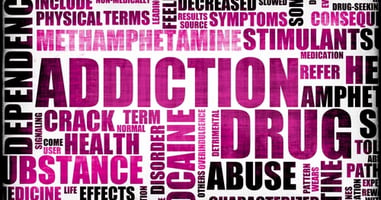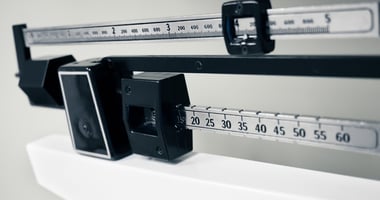Optimizing Stimulant Treatment May Help Reduce Aggression in Children With ADHD
 |
Joseph Blader, Ph.D., of the University of Texas Health Science Center at San Antonio and colleagues enrolled 175 children aged 6 to 12 with ADHD and either oppositional defiant disorder or conduct disorder for the study. Although the children had been taking stimulant medication for at least 30 days, all the children had clinically significant aggressive behavior—defined as a score of >24 on the parent-reported Retrospective-Modified Overt Aggression Scale (R-MOAS).
At the beginning of the trial, all children received extended-release methylphenidate tablets whose effects last up to 12 hours. The researchers adjusted the stimulant dose for each child weekly until they found the most effective dose. Children who were experiencing problems in the evening (poor appetite or sleep) while taking the extended-release methylphenidate were switched to a shorter eight-hour methylphenidate formulation; children who experienced negative side effects on methylphenidate were switched to extended-release amphetamine tablets. All children and their parents also received family-based behavioral therapy during this optimization phase, which lasted until aggression symptoms went away or the child reached the maximum dose on their best tolerated medication (the average time of optimization was 69 days).
Of the sample, 151 completed the stimulant-optimization phase, 96 of whom achieved a remission of their aggression symptoms (R-MOAS <15). Forty-five children who continued to show high aggression following this first phase were randomly given risperidone, divalproex, or placebo in addition to their stimulant medication and family therapy for eight more weeks.
After eight weeks, children taking either risperidone or divalproex had statistically greater reductions in their aggression symptoms than those taking placebo. Due to the small sample size, though, the researchers could not determine whether risperidone or valproate was superior at reducing aggression. Children taking risperidone experienced more weight gain than those taking divalproex or placebo.
These results reinforce the clinical value of optimizing first-line stimulant therapy for youth with ADHD and aggression by methodically adjusting their medication dose and providing family-based behavioral therapies, Blader and colleagues wrote. “Given the adverse-effect liabilities of adjunctive medications, it is important to improve ADHD care so that clinicians initiate antipsychotic and other co-therapies as sparingly as possible. For those who do not experience sufficient benefit from thoroughly implemented initial treatments, this study adds to the emerging evidence base that such adjunctive medications may be helpful,” they continued.
To read more on this topic, see the Psychiatric News article “Many Youth With ADHD Fail to Take Stimulants as Prescribed.”
(Image: iStock/KatarzynaBialasiewicz)
Follow Psychiatric News on Twitter!
And check out the new Psychiatric News Brief on Alexa-enabled devices.
And check out the new Psychiatric News Brief on Alexa-enabled devices.





